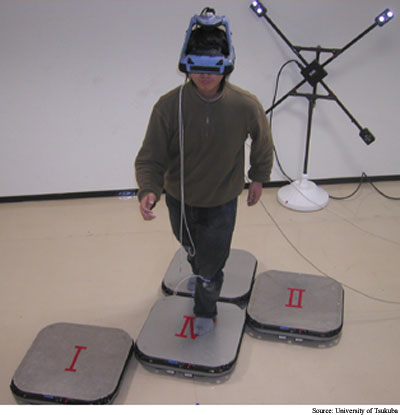IEEE Internet Computing: Wireless Grids: Distributed Resource Sharing
IEEE Internet Computing: Wireless Grids: Distributed Resource Sharing
An article that I need to read, looks interesting.
This is the blog of my life online.
Email me at emlynoregan@gmail.com or visit my website--- or find more music here
RSS Feed: http://virtualemlyn.blogspot.com/atom.xml
IEEE Internet Computing: Wireless Grids: Distributed Resource Sharing
I've done a quick google, and can't find this anywhere, so here's the idea.
Let them sing it for you
Backwashkids - Write for Us
This is one of those sites which I keep meaning to get back to... I've got some learning to do particularly in molecular biology.
Here's a guy thinking along the same lines as myself, but further progressed...
Watch it a few times and feel your jaw hit the floor...

In addition to the traditional button closure, the waist can be adjusted with hidden drawstrings, for extra comfort. The pants are 100% cotton with Teflon coating to repel water and stains.
A moving floor for VR. Bloody fantastic! The photo is the real killer...

I've had it with the current software methodologies, they all suck, and they all seem to miss something important... ability to cope with brilliance.
I've been doing this electronics course; I'm still doing the basic introductory stuff. Part of this has been in dealing with units of measurement and conversion between SI base units, SI derived units, and other systems of measurement.
---------------------------------------------
SI base units
---------------------------------------------
Base quantity Name Symbol
length meter m
mass kilogram kg
time second s
electric current ampere A
thermodynamic temp. kelvin K
amount of substance mole mol
luminous intensity candela cd
---------------------------------------------
Here's an idea I've had on the boil for a little while...
I'm really back-blogged (oh yeah, what a pun, you go big guy!), I'll try to blurt it all out now.
Wired News: I, Standard Man
I'm thinking that Exterminate! is good enough to be heard out there on the radio. So I need to nut out a plan to get that happening.
Now, thanks to the generosity of my virtual friend Eugen, I've got somewhere decent to put music that will be accessible to people.
We (my darling wife and I, under the banner of The Land Canaan) have created a new, funny song based around Davros & the Daleks. It's called "Exterminate!", and you can download it free from my website.
I've just had this really cool idea to turn a techno-style piece of music I put together a while back into an homage to killer robots in sci fi. Now I need samples. If anyone has any ideas, please let me know! My email is emlynoregan@gmail.com, or just add a comment to this entry.
This is a temporary post so that I've got quick access to the URLs I need for my new electronics course.
Oh, btw, I'm getting into electronics so I can build robots. Seems like a pretty reasonable thing to do...
This post replaces one that I had almost finished writing, only to have my browser crash. Damn your eyes, someone else than me!